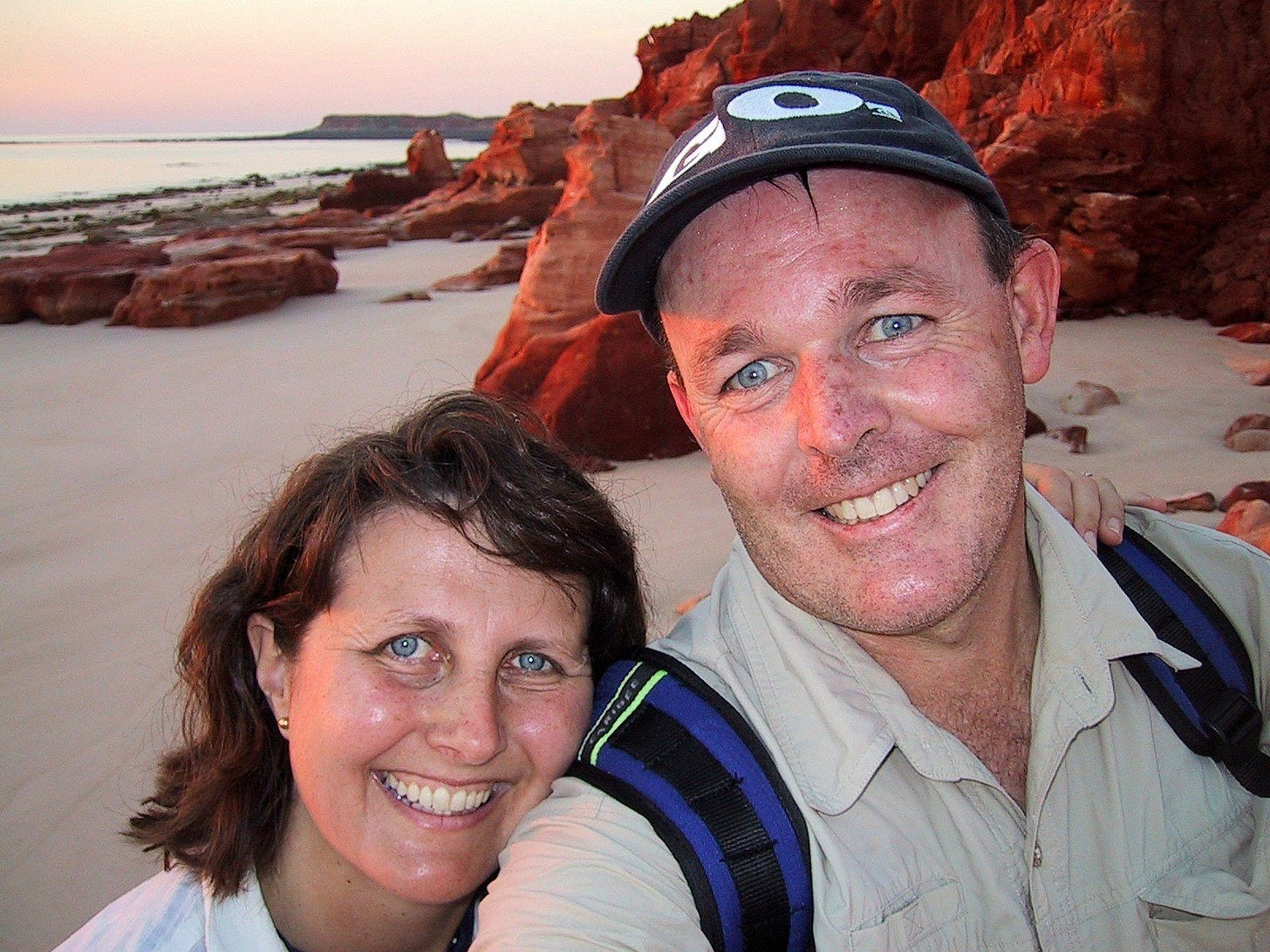Because We Can: When Change Speaks Louder Than Growth
A quiet reflection from the edges of discipline — for anyone who’s learned to move in rhythm and now must listen to something deeper
Some shifts in life don’t wait for readiness — they wait for honesty.
There’s a difference between change and growth, though they’re often spoken of as one and the same.
Growth is tidy. Predictable. It happens in sequence. It follows a rhythm. Growth is measured — in effort, in mastery, in metrics. You show up, again and again, and the numbers, the feedback, the structure reward your constancy. Growth makes sense within the life you already understand.
Change, though — real change — is rude. It interrupts. It arrives with no guarantee, no metric, no safety rail. It doesn’t care if you’re ready. It doesn’t wait for consensus. It doesn’t follow your internal calendar.
Growth asks, “How do I get better at this?”
Change demands, “What if this isn’t the thing at all?”

And yet — and this is where it gets complicated — change might be more honest than growth. Because growth often reinforces what we’ve already chosen. It deepens the path where on. But change forces a new surface entirely. You don’t refine — you rebuild.
There’s a peculiar tension when you’ve spent years becoming skilled at one thing. The world applauds your refinement. You’re efficient. You’re known. You’re safe. But then something shifts — not out there, but in you. And suddenly, the very framework that once made you strong starts to feel like a cage.
You try to call it growth. You tell yourself, I just need a new challenge within the same world. But the deeper voice — the quieter, more honest one — says something more unsettling:
“It’s not about getting better. It’s about getting out.”
Growth strengthens the path you’re on — change asks if it’s time to leave it altogether.
This is the hidden truth of change: it doesn’t just demand courage — it threatens identity. It invites you to become a beginner again. To walk away from your mastery. To leave behind the comfort and applause of the familiar for the silence of becoming.
And that’s where the conflict lies. Growth promises rewards. Change offers only freedom — but at a cost. The cost of certainty. The cost of being admired for who you were, when you’re no longer that person.
But maybe that’s the point.
Maybe growth teaches us discipline, but change teaches us trust. Not in systems. Not in outcomes. But in self.
The voice of fear always asks, “Why would you…?”
But the deeper voice — the one we spend our whole lives learning to hear — answers,
“Because I can.”
And the voice that follows, softer still, says,
“You never know…”
Not as a warning, but as a possibility.
And isn’t that the point?
Inspired by “You Never Know” by Bernadette Jiwa – a powerful reflection on change, fear, and choosing possibility.
An After Afterthought
It’s something unpredictable, but in the end it’s right
I hope you had the time of your life.
– Green Day, “Time of Your Life”
Not all change is chosen (had forgotten about this post from 10 years ago — not surprising it is Bernadette’s post that again inspired this reflection on change). Some arrives like a fracture — sudden, irreversible. The loss of a daughter, a sister, a wife, a friend... these are changes that don’t whisper. They shatter.
And still, the lyric holds something steady in its simplicity. It doesn’t soften the pain, but it offers a question: Was it lived? Was it meaningful? Did it matter?
In grief, there is no control — only remembrance. And from that, the quiet possibility: that we honour what was by how we live now. That the shape of our days might change, but the imprint of their life doesn’t fade. It travels with us.
And maybe, just maybe, in the most broken places of our lives, we begin to understand what Bernadette Jiwa meant when she wrote:
“You never know…”
Not as a warning. But as a reason to still try. Still trust. Still live. And so that is what Jo and I have done ..

Whether change is chosen or not, how you meet it becomes the shape of your next beginning.



